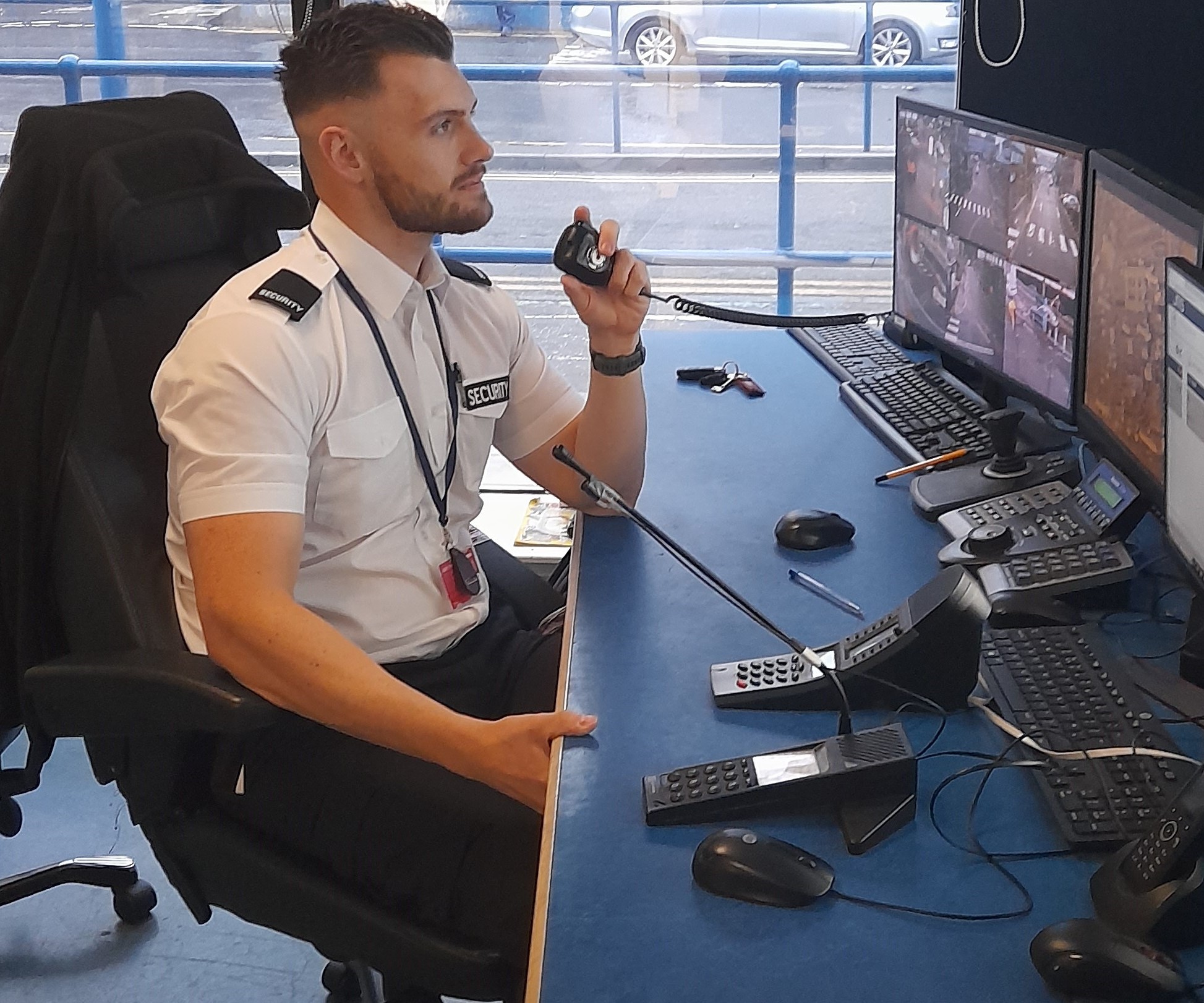Previous
Portering supervisor
You can become a security officer in the NHS by applying for a vacancy on our recruitment website.
NHSScotland security officers maintain a safe and secure environment for patients, visitors, and staff within our facilities. They play a crucial role in preventing and responding to security incidents, protecting NHS assets, and promoting the overall well-being of individuals within healthcare settings.

To become a security officer, you’ll need a good standard of education. Useful subjects include:
Speak to your guidance teacher about subjects offered at your school.
The following qualifications are useful to have:
As a security officer you must be able to work under pressure while still being calm. The role is wide and varied. You’ll help to make sure that hospitals and other NHS sites are safe and accessible for patients, visitors, and our staff.
Your tasks may include:
You'll need these skills:
Security officers work with the following:
You could work in:
During your career as a security officer, you will need to complete training in different systems, policies, procedures, and equipment. It will help you gain the knowledge needed to comply with standards, laws, and NHS guidelines.
Some security roles involve working on a helipad. You’ll need to successfully complete Rescue and Fire Fighting Service training with the Civil Aviation Authority, which requires annual refresher training.
Your employer will discuss and inform you of training requirements during the local induction period. This will include subjects such as Control and Restraint, Information Governance, and Public Protection.
Once in the role, there are opportunities to progress. Support is available from your manager or the training department. You’ll be encouraged to develop your skills and take courses leading to formal qualifications.
Gaining new qualifications will help you when applying for more senior roles such as security supervisor or security manager.

You may find it helpful to get some healthcare experience by doing a work placement or volunteering. You’ll get training, increase your knowledge, and learn new skills.
Discover more
Our blog features how-to guides, case studies, and resources for career planning, researching roles, and discovering what it's like to work in the NHS.
Discover more